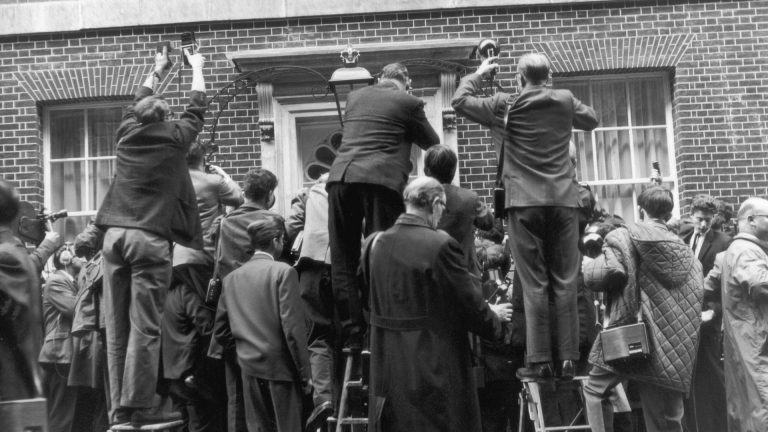The first year of this Labour government seems to have dragged on and on. After the ructions over attempted welfare reform, the winter fuel allowance u-turn and the uncomfortably chummy relationship with Trump, how have Labour done on the economic front?
Having taken one look at the books and discovering the £22bn black hole which a very cynical Tory party deliberately left for whoever won the election, the chancellor Rachel Reeves did not pounce immediately.
Instead, Britain endured months of Reeves telling us that things were awful but that she wasn’t going to do anything about it for a few months. Everyone knew she was going to have to raise more money, but it would have been best to do that within weeks or even days of the election victory, not least because the fear of what she might do hung over the economy like a rain cloud.
What Reeves should have done was to be bold and raise taxes, including income tax and especially tax on capital earnings. But she did not – and now no one can cast off the feeling that she is going to have to do that anyway soon.
Suggested Reading


After one year in office, here’s what Starmer needs to do now
But in other ways this year has not been wasted. There has been money for investment and infrastructure, house building is top of the agenda, the planning system is getting a good kicking, and we have an industrial policy – at last. That includes lower energy prices for heavy industry, something the Tory party has been complaining about for, well for the last 14 years. But all of this will take years to bear fruit.
Keir Starmer, managed to get in Trump’s good books and cut a deal with him on tariffs which was about as good as possible, although it was still a blow to our economy and America’s too.
We also have a better deal with the EU and most importantly the prospect of an even better one down the line. It seems that acting like adults pays dividends in this regard.
Still the fact remains that Brexit is a massive check on the British economy in terms of trade, productivity, investment and growth. Just look at the millions wasted on customs posts that are now going to stand empty, or the huge rise in civil service numbers since 2016.
Post-Brexit, the number of civil servants has risen by more than a third. It seems when you repatriate all those powers and responsibilities from Brussels you need to employ people to push pens, create red tape, enforce unnecessary checks, implement policies which are indistinguishable from the EU’s and measure bendy cucumbers.
Which is why the greatest lost opportunity of Labour’s first year in office has been the failure to push far further and faster on the EU reset. There is more than 4% of missing economic growth out there that we have lost because of the decision to leave the EU, and more to come. Every step closer to our biggest market means getting some of that growth back.
Suggested Reading


One-year Keir: the man without a why
British growth over the last year has been 1.3%. Given the headwinds and Labour’s inheritance, that’s not bad – but it’s still nowhere near good enough. Leaving aside Labour’s good work on longer term growth prospects, if the government were open to more European cooperation, then stronger growth, increased investment, and higher productivity are there for the taking. If only the government had the courage to seize it.











